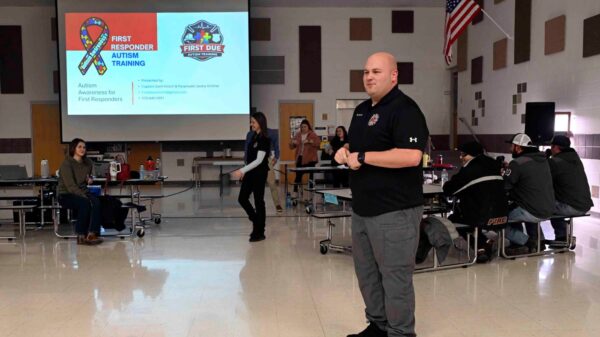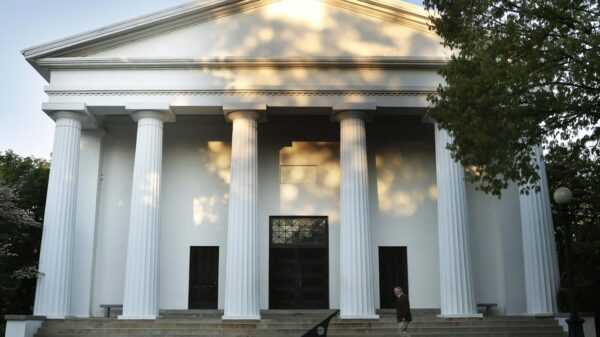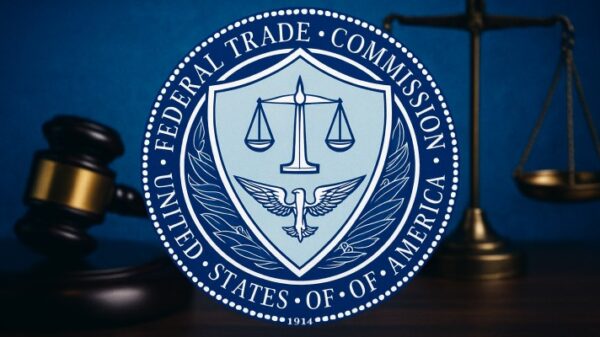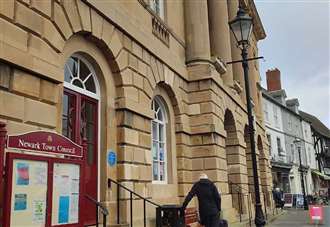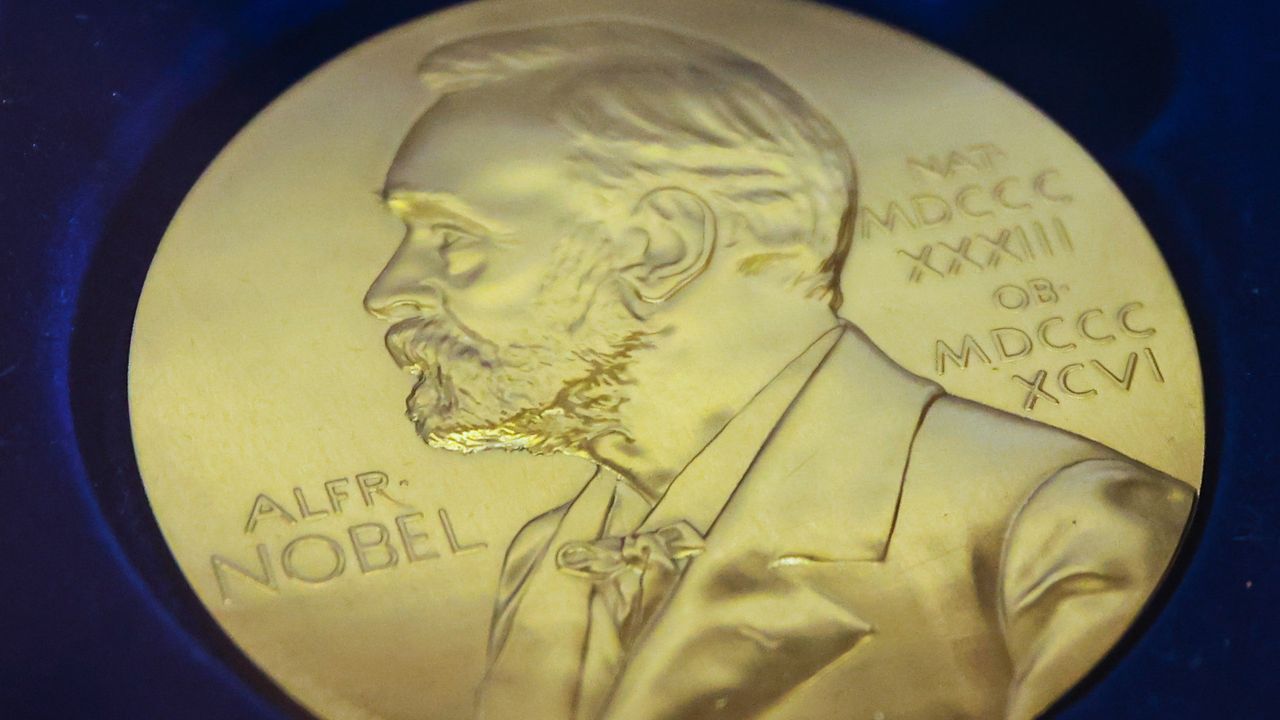The 2025 Nobel Prize in Chemistry has been awarded to scientists Susumu Kitagawa, Richard Robson, and Omar M. Yaghi for their groundbreaking work on metal-organic frameworks. Their research has led to the development of innovative materials capable of storing large quantities of gas in compact volumes, reminiscent of the magical properties of Hermione Granger’s handbag in the “Harry Potter” series. The announcement was made by the Royal Swedish Academy of Sciences during a ceremony held in Stockholm, Sweden, on October 8, 2025.
This year’s award marks the 117th Nobel Prize in Chemistry and comes with a cash prize of 11 million Swedish kronor, equivalent to approximately $1.2 million. The recognition not only highlights the significance of the recipients’ contributions but also underscores the potential applications of their discoveries in various fields, including energy storage and gas separation.
The concept of metal-organic frameworks (MOFs) involves the combination of metal ions and organic molecules to create porous structures. These frameworks can be engineered to have specific properties, making them highly versatile for various applications, such as capturing carbon dioxide or hydrogen storage. The imaginative parallel drawn to a magical item in popular culture serves to illustrate the real-world impact of these scientific advancements.
The Nobel Prize in Chemistry is awarded annually to individuals who have made substantial contributions to the field, and this year’s selection reflects the importance of innovation in material science. As the scientific community continues to explore and develop new materials, the work of Kitagawa, Robson, and Yaghi may pave the way for sustainable solutions to some of the world’s most pressing challenges.
As further details emerge regarding the researchers’ achievements and future implications of their work, this recognition stands as a testament to the power of scientific inquiry and creativity. The Nobel Prize continues to celebrate the achievements of individuals who push the boundaries of knowledge and contribute to the betterment of society.

